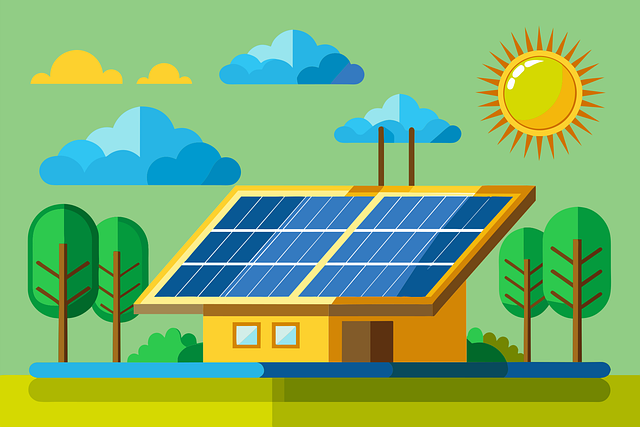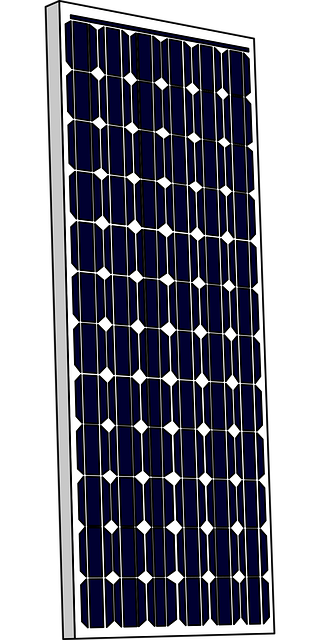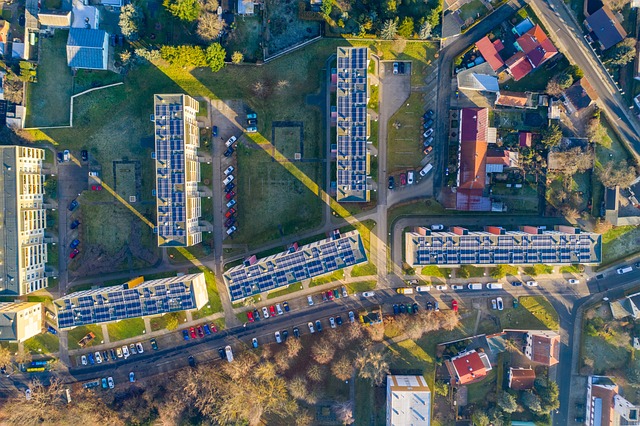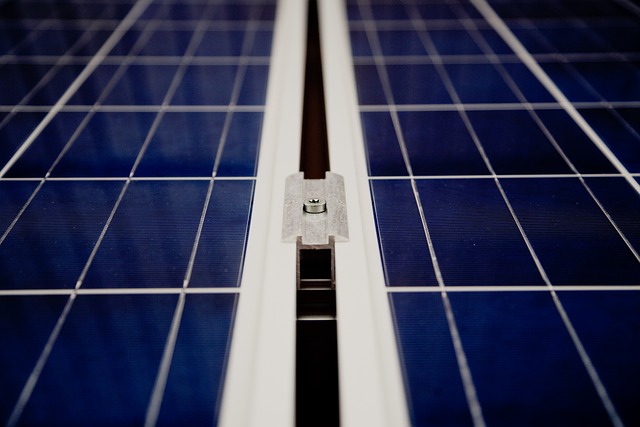Implementing energy-efficient practices in real estate dramatically lowers electricity expenses through property audits identifying waste, upgrades to modern technologies & systems, enhanced insulation, efficient heating/cooling, and exploring renewable energy sources like solar panels. Understanding monthly utility bills reveals consumption patterns enabling targeted strategies for significant cost savings over time while benefiting the environment; additionally, staying current with eco-friendly appliances increases home value in the competitive real estate market.
In today’s digital era, reducing electricity expenses is a game-changer for any real estate property. This article guides you through effective strategies to lower energy costs in the long term. First, identify energy-efficient opportunities by assessing current usage patterns and upgrading appliances. Next, explore smart home technologies like automated lighting and renewable energy sources. Additionally, cultivate conservation habits among residents and promote responsible common area usage. By implementing these steps, real estate properties can achieve significant savings while enhancing sustainability.
Identify Energy Efficient Opportunities in Your Property

Identifying energy-efficient opportunities in your real estate can significantly reduce electricity expenses over time. Start by conducting an audit of your property to pinpoint areas where energy is being wasted, such as outdated appliances, inefficient lighting systems, or poorly insulated walls. Modern technologies like smart thermostats, LED bulbs, and energy-star certified appliances can make a substantial difference. These upgrades not only lower utility bills but also contribute to a more sustainable environment.
Consider the layout of your home or building. Simple adjustments like adding insulation to attics and floors, sealing gaps around doors and windows, and using energy-efficient heating and cooling systems can go a long way in reducing energy consumption. Additionally, exploring renewable energy sources, such as solar panels, can provide long-term savings and enhance the overall value of your property in the real estate market.
– Assessing current energy usage patterns

Understanding your current energy consumption is the first step towards reducing electricity expenses in the long run, especially within the context of real estate. Property owners or managers should begin by analyzing their monthly utility bills and identifying patterns. Are there consistent peaks during certain seasons or specific activities? For instance, high usage might be linked to heating or cooling demands, appliances running simultaneously, or lighting in unoccupied spaces. By tracking these trends, individuals can pinpoint areas for improvement.
This assessment allows for the implementation of targeted strategies such as upgrading outdated appliances to energy-efficient models, installing smart thermostats to optimize temperature control, and adopting simple habits like turning off lights when not needed. These measures collectively contribute to a significant reduction in electricity costs over time while also benefiting the environment.
– Evaluating appliances and systems for upgrades

Staying on top of your electricity expenses is a key aspect of managing your home, especially when considering the long-term savings potential. A great starting point is to evaluate your appliances and systems for upgrade opportunities. In today’s market, energy-efficient models can significantly reduce power consumption, translating to substantial savings over time, particularly in the competitive real estate market where buyers increasingly look for eco-friendly features.
Regularly checking for updated options, especially when replacing major appliances or systems like heating, ventilation, and air conditioning (HVAC), can lead to substantial long-term reductions in electricity bills. Many modern alternatives offer advanced technologies that not only consume less energy but also provide better performance, ensuring your home remains comfortable while keeping costs down.






